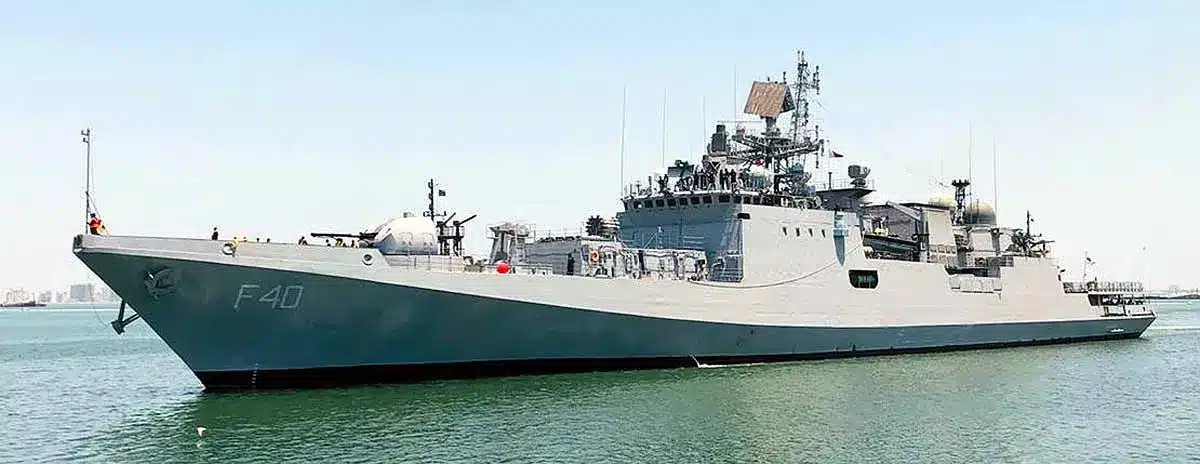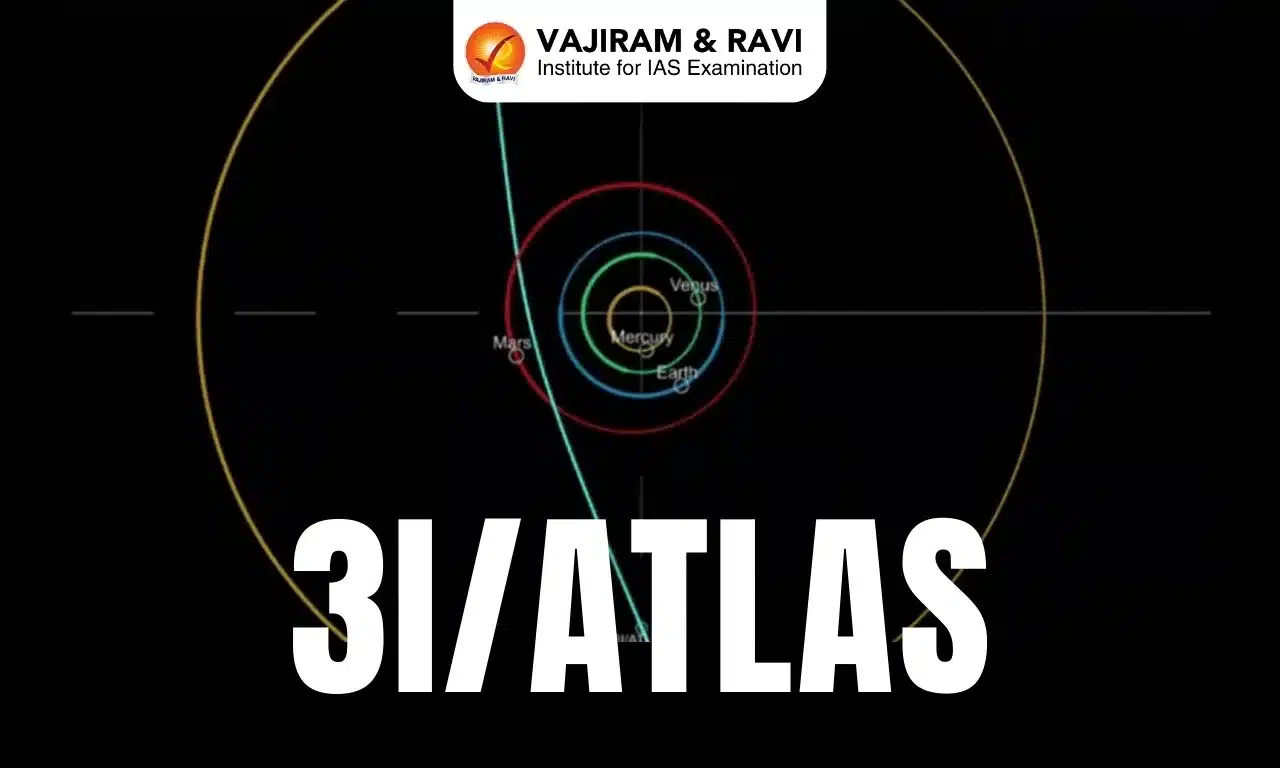About INS Triput:
- It is the first indigenously built Talwar-class frigate.
- Project:
- In October 2016, India and Russia signed a dealto buy four stealth frigates of the Admiral Grigorovich class (also known as Project 1135.6 class).
- Two of these frigates, ‘Tushil’ and ‘Tamal’, will be directly imported, and the remaining two frigates will be built in India by GSL through a transfer of technology (ToT).
- Triput is the first ship built by GSL under this. The second frigate, ‘Tamal’, will be delivered by February 2025.
- The Indian Navy already operates six ships of this class: INS Talwar, INS Trishul, INS Tabar, INS Teg, INS Tarkash, and INS Trikand.
- Features of INS Triput:
- The 124-m-long and 15.5-m-wide ship is propelled by four gas turbines which are designed to achieve a maximum speed of 28 Knots at a displacement of approx. 3200 tons.
- It features a hull design that reduces radar cross-section, contributing to their stealth capabilities.
- The ship is being fitted with a potent combination of state-of-the-art weapons and sensors, an Integrated Platform and Bridge Management System, and a host of other advanced features.
- The ship’s air defence capability, designed to counter enemy aircraft and anti-ship cruise missiles, will revolve around vertical launch long range Surface to Air missile system.
- Further, the ship has been fitted with indigenous power generation and distribution system, AC, Steering System and Stabilisers designed and developed by private industry.
- It is armed with the Russian-made Klub-N anti-ship missiles or BrahMos supersonic cruise missiles.
Q1: What is BrahMos?
BrahMos is a supersonic cruise missile that can be launched from land, sea, and air. It has been developed by Brahmos Aerospace, a joint venture of India and Russia. It is a two-stage missile with a solid propellant booster engine as its first stage, which brings it to supersonic speed and then gets separated. The liquid ramjet, or second stage then takes the missile closer to 3 Mach speed in the cruise phase. It is one of the fastest cruise missiles currently operationally deployed, with a speed of Mach 2.8, which is nearly three times more than the speed of sound.
Last updated on July, 2025
→ UPSC Notification 2025 was released on 22nd January 2025.
→ UPSC Prelims Result 2025 is out now for the CSE held on 25 May 2025.
→ UPSC Prelims Question Paper 2025 and Unofficial Prelims Answer Key 2025 are available now.
→ UPSC Calendar 2026 is released on 15th May, 2025.
→ The UPSC Vacancy 2025 were released 1129, out of which 979 were for UPSC CSE and remaining 150 are for UPSC IFoS.
→ UPSC Mains 2025 will be conducted on 22nd August 2025.
→ UPSC Prelims 2026 will be conducted on 24th May, 2026 & UPSC Mains 2026 will be conducted on 21st August 2026.
→ The UPSC Selection Process is of 3 stages-Prelims, Mains and Interview.
→ UPSC Result 2024 is released with latest UPSC Marksheet 2024. Check Now!
→ UPSC Toppers List 2024 is released now. Shakti Dubey is UPSC AIR 1 2024 Topper.
→ Also check Best IAS Coaching in Delhi












